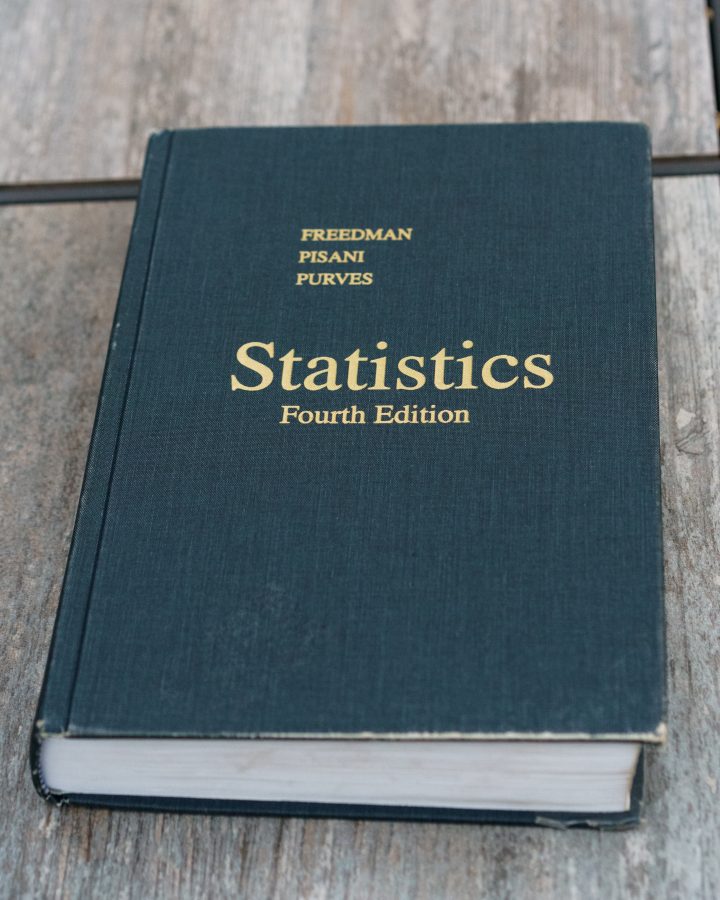Have you ever been in the middle of a conversation with someone and suddenly forget the point you were going to make? Have you ever left the room to grab something but end up forgetting what you were going to grab?
Although these may not be relatable for everyone, most people struggle with their memory. Our short term memories have been drastically impacted by our slowly declining attention spans. According to the National Center for Biotechnology Information, our attention spans have changed from an average of 12 seconds in 2000 to an average of eight seconds as of 2013 (1).
To put this in perspective, the average goldfish has an attention span of nine seconds (1). We are now being beaten out by a fish whose whole life revolves around swimming in their tank just to forget and repeat.
Of course, that’s not to say that we are less intelligent compared to previous generations. However, with a shorter attention span our memory is suffering, especially our short term memories.
As someone who suffers from ADHD, I sometimes have to work twice as hard just to remember things and retain information. I wanted to research some ways to improve my memory as I believe focusing on this one weakness of mine will help me produce better work and overall boost my confidence in my own abilities.
According to Harvard Health Publishing, our declining memory typically correlates to our genes. However, our personal choices also impact our memory. Some proven ways to help keep your memory strong is to maintain a healthy diet, to exercise regularly, to not smoke, and to keep things such as cholesterol and blood pressure at healthy levels (2).
It is also recommended to stimulate your mind and memory because “just as muscles grow stronger with use, mental exercise helps keep mental skills and memory in tone” (2).
Basic things such as playing a memory game or watching a documentary are not necessarily the best brain exercises to depend on. Of course they are a start! However, it is best to try more mentally stimulating tasks such as learning a new language, playing an instrument, and other rigorous tasks that usually require more focus and put more strain on your brain.
As students, we can help our memories by being more engaged with our work and reading. Many students depend on their laptops now to take notes, however it is arguably better to write down notes on paper as this helps with the overall retention of this information. If you want to remember some critical information, then ditch the laptop and grab a notebook and pen.
The old school way of taking notes can improve your academic performance and in the end, help stimulate your brain more and strengthen your memory.
Repetition is also a great way to solidify something in your memory. Doing something once will not be enough. If you want to remember something, then be willing to be patient and put more time and effort into it.
If you want to better yourself in a certain class, then maybe grab your textbook and find a reading routine that works for you. With continued repetition, you will see a positive change in your retention of this information.
And again, these types of mentally stimulating tasks will consequently improve your memory over time. If you’re the type to skim over words or skip pages, then you will find yourself struggling to remember what was important and what wasn’t.
Implementing better academic principles and also maintaining your body’s health will positively improve memory and information retention. With finals approaching, remember to be patient with your studying and to take care of yourself so you can perform to the best of your abilities!
1. https://www.statista.com/statistics/689457/human-attention-span-worldwide/
2. https://www.health.harvard.edu/topics/improving-memory





















































